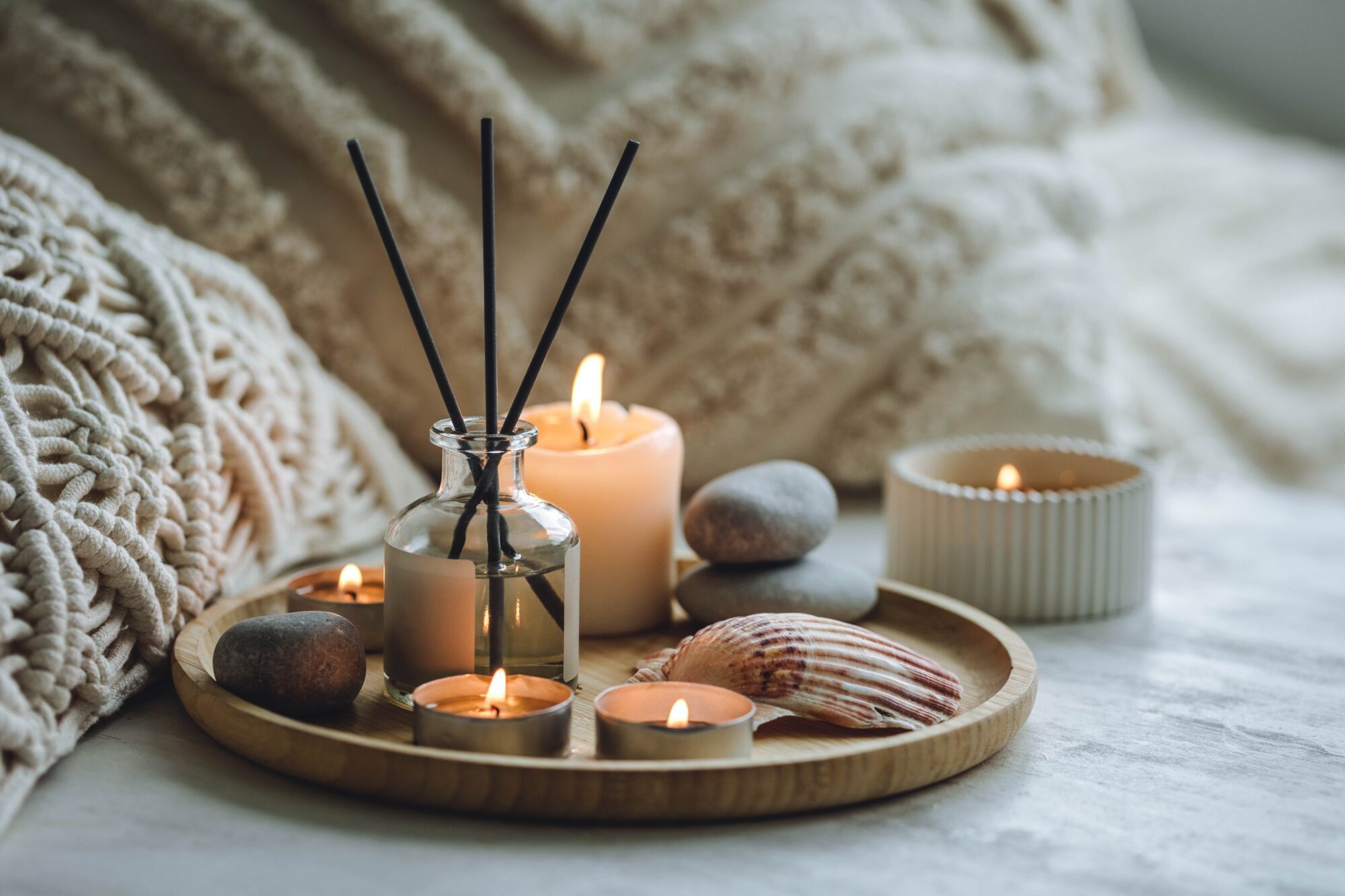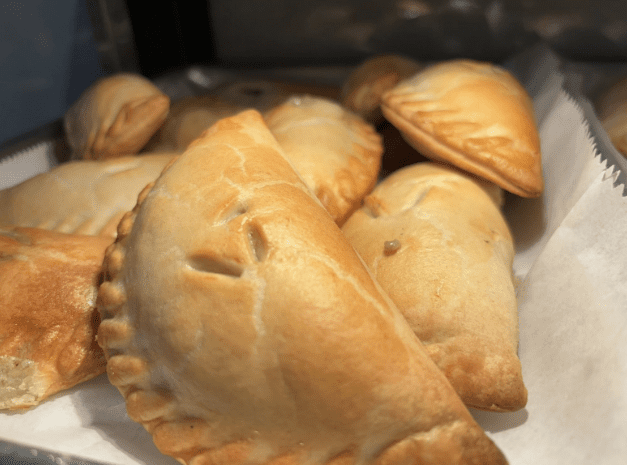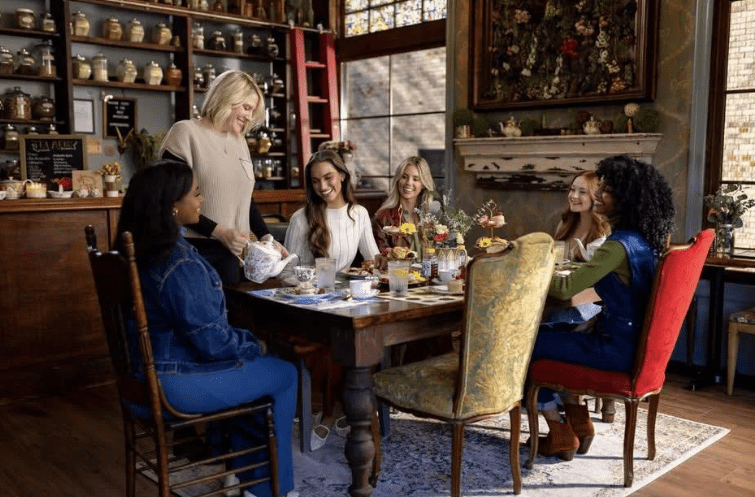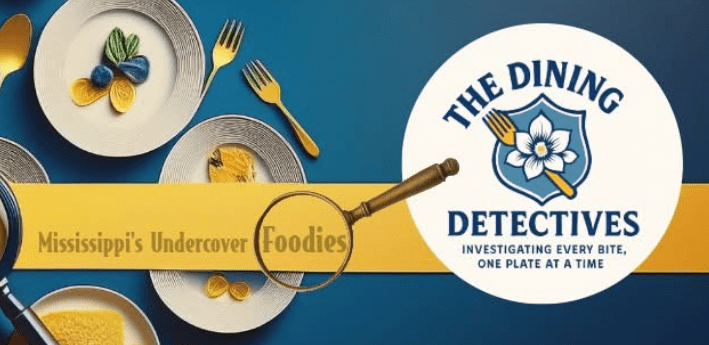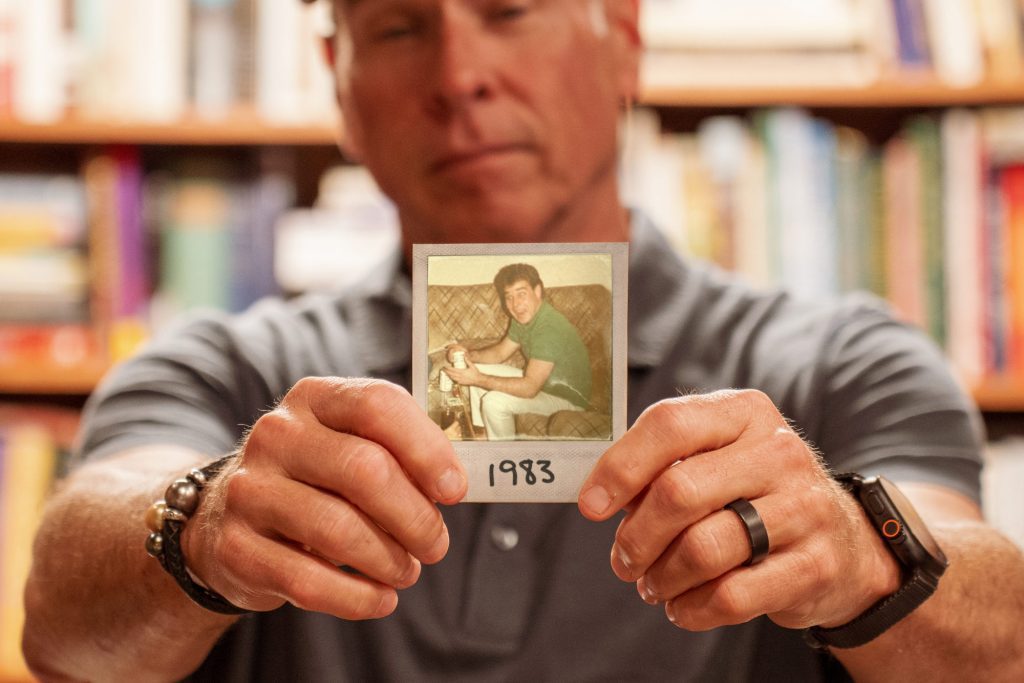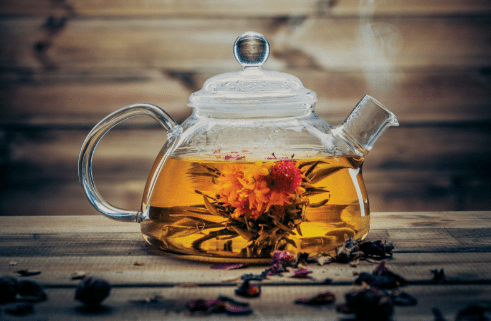
January is National Hot Tea Month. Laura Lee Leathers shares her love of tea and offers a scones recipe to compliment a warm blend.
Living in the South, I should have a love relationship with a glass of ice-cold, sugar-laden tea—something from Sir Walter Lipton or Luzianne. I apologize, I don’t. However, I have become a connoisseur of a great cup of hot tea. Again, I beg your forgiveness when I snub my nose regarding certain tea brands.
It’s not that I have become so uppity I won’t drink other teas; my excuse is that my palette has become accustomed to a “higher class.” I prefer various tea blends from Harney & Sons, The Republic of Tea, Taylors of Harrogate and teas from France. No, I’m not being paid for an Endorsement.
January is designated as “National Hot Tea Month.” And because I have taught the “Art and Etiquette of Taking Tea” for almost thirty years, I thought I would share a few reasons why you should consider putting teatime into your daily routine.
Taking tea is more than enjoying a great cup of tea. It’s about slowing down, savoring the moment, relaxing, and possibly sharing a cuppa with a friend.
Tea Kettle or Microwave
Several weeks after I had done a class for a local garden club, one of the members contacted me and said she was so excited about putting teatime into her daily routine. Rather than waiting for the tea kettle to heat the water, she put her cup with the tea bag in the microwave and hit the time for one minute and thirty seconds.No sooner had she turned to do something else; out of the corner of her eye, she saw sparks coming from inside the microwave. She quickly hit the off button, opened the door, and took out the cup. To her surprise, she had left the tiny staple holding the string to the tea bag tag and forgot to put the water in the cup. That day, she decided to purchase a tea kettle and never put her cup of tea in the microwave again because it defeated the entire purpose of teatime.
I started with a Paul Revere tea kettle and kept it on one of the burners on my stove—always ready for a spot of tea. Over the years, I’ve upgraded to an electric tea kettle that allows me to set the temperature for the tea and it turns off automatically.
Many varieties of tea kettles are on the market today, so take your pick and the method you prefer.
Teapots and Teacups
When I first started taking tea, I might have owned a decorative teapot that belonged to my grandmother and a few of her teacups. Why did I need a teapot or a teacup when I didn’t like tea—coffee is my first choice.
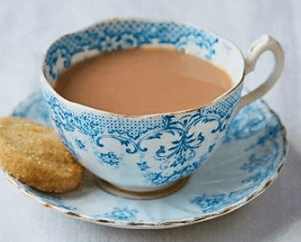
But things changed when my then five-year-old daughter wanted a tea party. As a mother of four children and living on a farm, I didn’t have time for tea parties. Around the same time, I read the book, “If Teacups Could Talk,” by Emilie Barnes. My world was about to change. I decided to have a cup of tea in the afternoon before the older children came home from school.
Because I didn’t like tea at that time, I would put Coke-Cola in my cup. I went to the dining room with my cup, Bible, pen, and journal. I enjoyed a few minutes of solitude, a time of refreshment for my soul and renewed energy to tackle the rest of the day.
The more I made this a part of my life, the more my teapot and teacup collection grew. I purchased a Brown Betty from England. Several Hall teapots came from local antique stores; one looks like an Aladdin Genie lamp. I use the beautiful Staffordshire teapot for my classes and events. I have several small clear glass teapots for the blooming teas.
And, oh, my love for teacups. Why? Because if teacups could talk, they would have so many stories to tell about shared conversations with laughter and tears. My teacups would tell you about an international visitor who had their first cup of tea from that cup.
I wonder if my teacup laughs as my grandchild awkwardly puts their pointy finger through the handle and tries to place their thumb on top for balance.
My teacups come from occupied Japan, England, Scotland, Germany, and Poland. There are Royal Albert, Bareuther Waldsassen, and several prized Shelley teacups—my favorite.
Tea Blends
Do you realize that tea is the most-consumed beverage in the world after water? There are many blends of tea on the market today. Watch your credit card because some can be very expensive.
In 2007, I attended the World Tea Expo held in Atlanta, Georgia. I had no idea there were so many different teas produced—cold and hot. One afternoon, I had a reservation to attend Tea with Friends at the Swan Coach in the Buckhead district. The guests enjoyed dainty sandwiches, fruit, scones with clotted cream, curd, jam, and desserts. For our tea, we enjoyed a first flush, Darjeeling. It is rare, sought after, and expensive. It was superb! One of the attendees put cream (two percent milk) and artificial sweetener in her tea. What a faux pas! The person who brought the tea came directly to the lady and reprimanded her for ruining an exquisite cup of tea. I had mine clear.
The black, oolong, yellow, white, and green teas come from the leaves of the shrub Camellia sinensis. The differences come from the way they are processed—oxidized.
Friendships
Over the years, I have lost count of the tea parties I have attended, spoken at, catered, and designed. But I can tell you about the unique and special friendships formed by enjoying a cup of tea with someone—treasured memories.
A Longaberger basket holds a teapot, teacups, plates, serviettes, and silk flowers. The ready-to-go tea basket has provided teatime in hospital rooms and on the den floor of a friend. The food is simple, and the Stanley thermos bottle is filled with hot water to be poured over a tea bag of the guest’s choice, and sugar cubes are readily available.
At my first tea-speaking event, I met a young mother homeschooling her children. We connected in many ways. That was over twenty-five years ago, and the cups of tea continue to be shared.
Lady Laura’s Scones
- 3 Cups White Lily flour
- ½ cup sugar
- 1 tablespoon baking powder
- ½ teaspoon salt
- ¾ cup butter
- 1 cup buttermilk
Sift dry ingredients gently into a mixing bowl. Add butter and blend well until crumbly. Make a well in the center and add buttermilk. Mix with a fork. (Optional—add ½ cup walnuts, currents, pecans, cranberries, etc.) Turn dough onto a floured surface and pat it into a round, ¾ inch thick.
Cut with a heart or round cooking cutter or put the dough in a scone baking pan. Place on a greased cookie sheet. Brush with egg for a shiny, beautiful brown scone. Then, take one sugar cube, dip it in orange juice, and place it in the center of each scone before it is baked. Bake for 14 to 18 minutes in a 400-degree oven until light brown. Makes 12 to 15 three-inch or 20 to 24 two-inch scones.
Serve with lemon curd, Devonshire cream, jam, or honey.
Teatime Thoughts
There is much to learn about tea, such as its health benefits, the use of tea in recipes, the history of tea, accoutrements, and etiquette. Then, there are tea rooms, specialty shops, and plantations. That might be a thought for another article on tea. For now, I recommend the following to help you start putting teatime into your life.
- Tea & Etiquette: Taking Tea for Business and Pleasure by Dorothea Johnson
- The Graceful Art of Tea by Nan Taylor
- Tea Lover’s Treasury by James Norwood Pratt
- Tea Time Magazine, available in stores and by subscription
